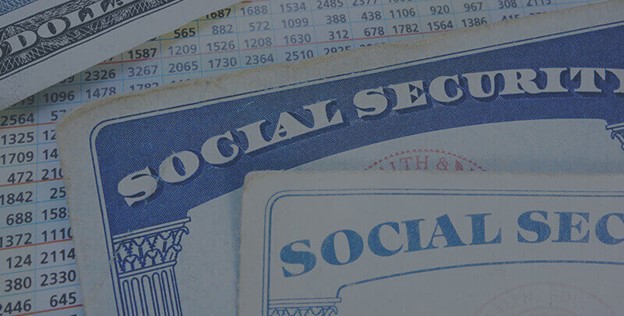Although layoffs and new applications for unemployment benefits have slowed, fraud attempts have not. COVID-19 continues to provide scammers with a perfect opportunity to file fraudulent unemployment claims, often using someone else’s identity. These schemes have spread throughout the country.
In the last year, the Federal Trade Commission (FTC) received more than 394,000 complaints from consumers whose identities had been “misused” to apply for government benefits, up from only 13,000 reports in the previous year. It’s a nearly 3,000% increase in one year – and it’s only a fraction of potentially fraudulent unemployment claims nationwide, according to a variety of state reports.
In an unemployment scam, how can you tell if your identity has been compromised? Watch for tax forms 1099-G. These forms are used to report your unemployment benefits on your tax return. If you received this form but did not apply for unemployment benefits, you could be at risk.
When you realize that someone has attempted to access unemployment benefits using your information, your identity has likely already been compromised. The scammer may have access to valuable personal information such as your Social Security number.
If you suspect unemployment fraud, here are the steps you can take.
- You should notify your employer and report unemployment identity theft to the state where it occurred. The U.S. Labor Department has created a website that aggregates state-specific reporting forms and other useful information.
- As soon as you report the identity theft, you need to take steps to protect your identity. Begin by checking your credit report. If you’d like to prevent fraudsters from applying for credit cards or loans in your name, you can request a credit freeze or place a fraud alert on your credit reports.
- Keep an eye on your credit reports, bank accounts, mail and email for any new financial or personal activity that appears out of place. Monitoring your credit and identity can alert you to potentially suspicious activity.
Is your personal information on the dark web? Make sure your identity isn’t at risk!

